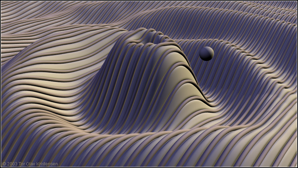
Week One
Differentiated Instruction (DI) and Understanding by Design (UbD) - The Basics
What to Expect
Course Description:
| The Principles of Curriculum Design is a seven week, 30 contact hour course designed to teach K - 12 educators how to design activities and units that follow research-based curriculum design principles. They will use the concept of curriculum mapping to make informed curriculum decisions based on school/district initiatives, local and state frameworks, available resources, and students needs. This seven week course will promote student learning by providing teachers with face to face and online opportunities to learn, share and discuss appropriate skills and strategies to differentiate instruction to address the varied learning styles of their students. |  |
Prerequisites: Undergraduate degree and currently working
within a school/district.
Learning Outcomes: At the end of this course, educators will:
• understand research-based models of good curriculum design through readings and on-line and face to face discussions and sharing reflective writings applying these principles to student’s current curriculum activities.
• understand best practice models of technology integration through readings and on-line and face to face discussions and sharing reflective writings applying these principles to student’s current use/observation of technology in the classroom
• understand curriculum-mapping skills to align activities/lessons with local/district and state standards
• design, share and critique standards-aligned, technology–infused lessons following research-based design principles, NETS standards and 21st Century skills
• develop a dissemination plan for sharing their skills back in district